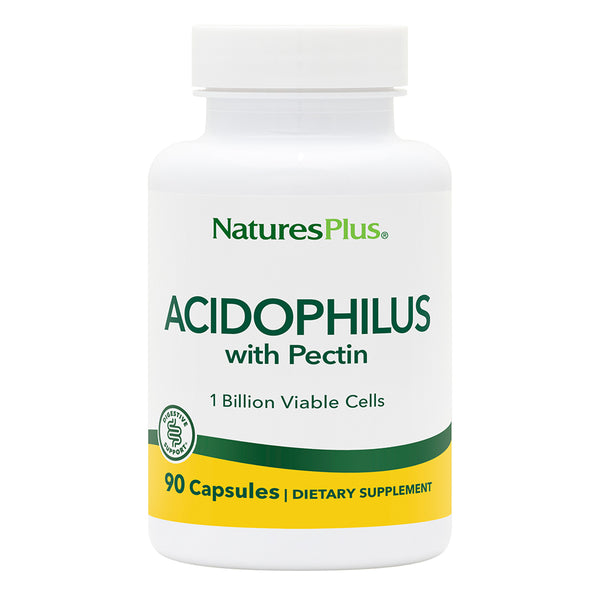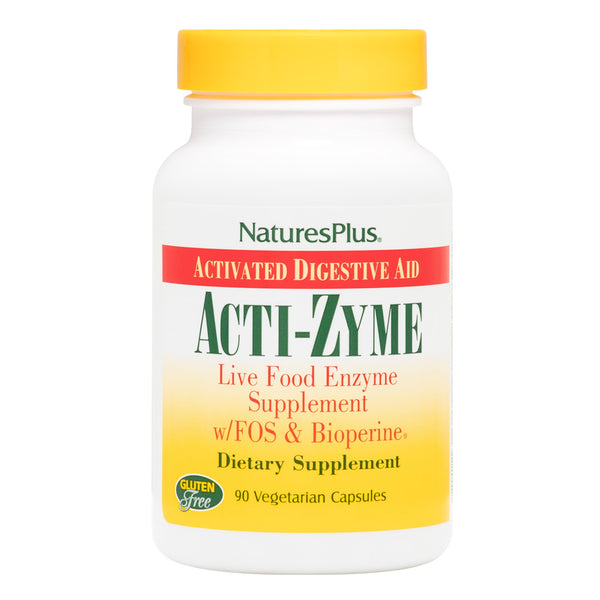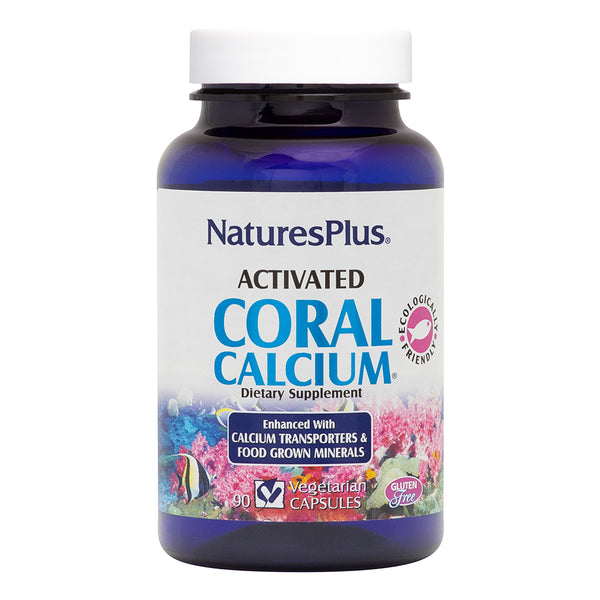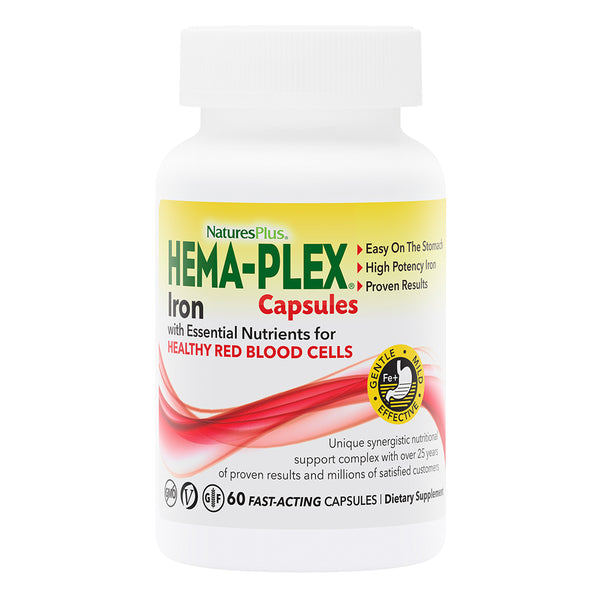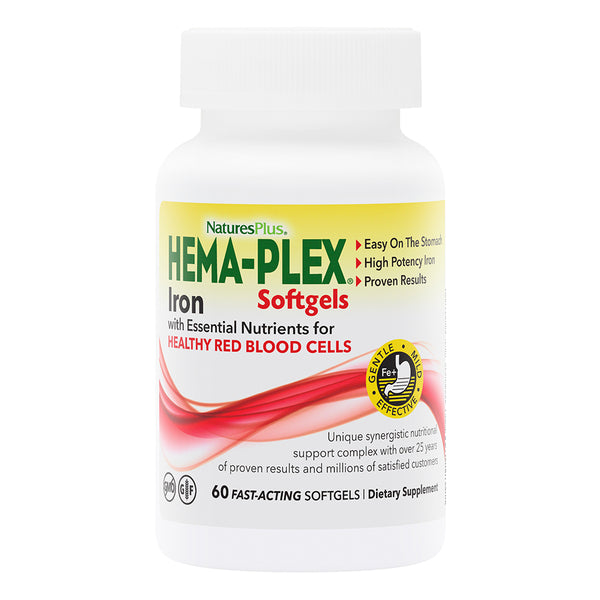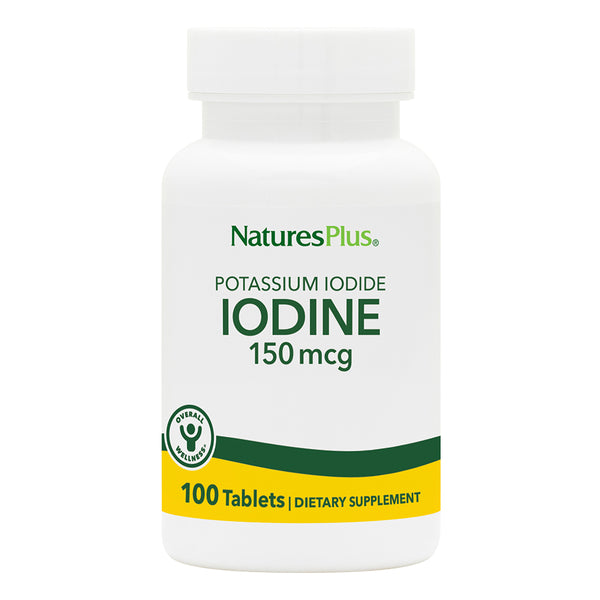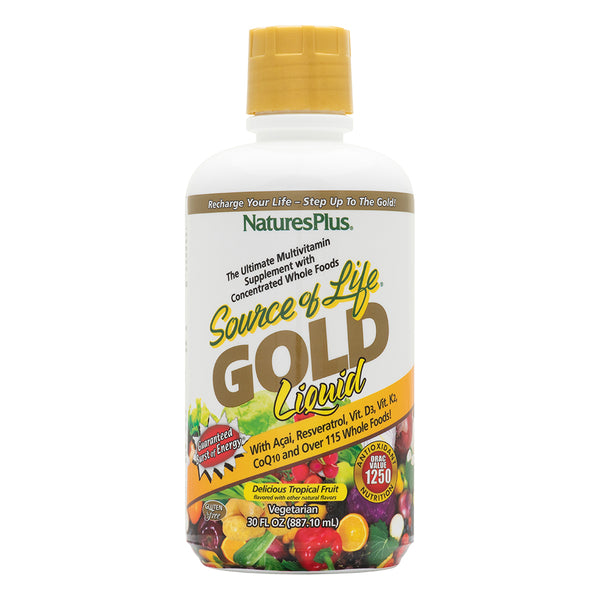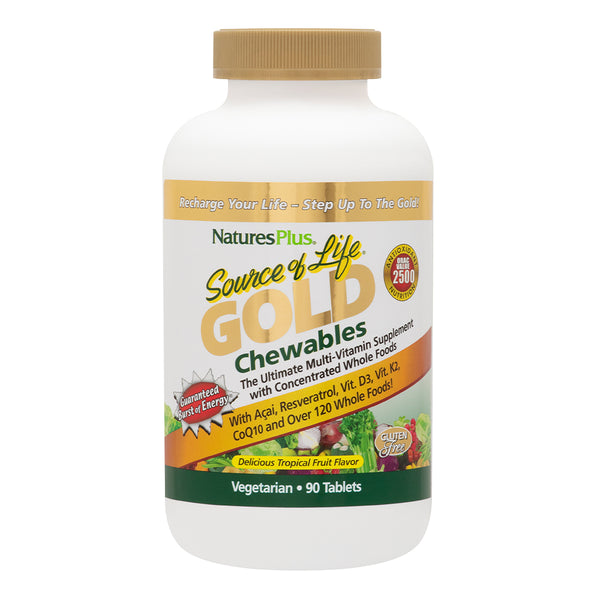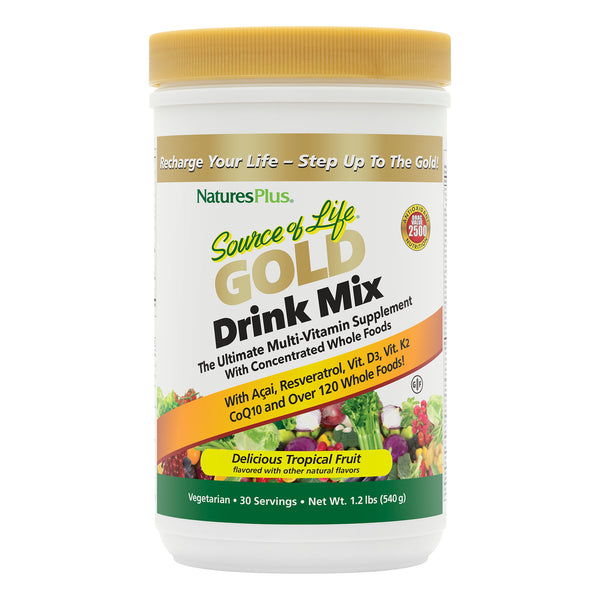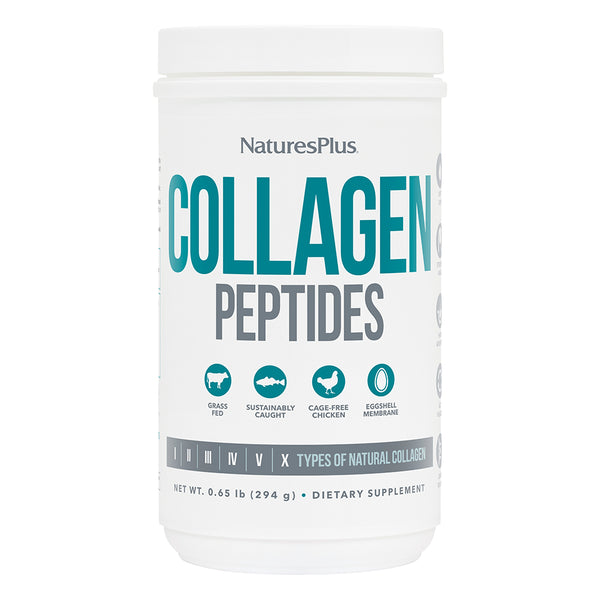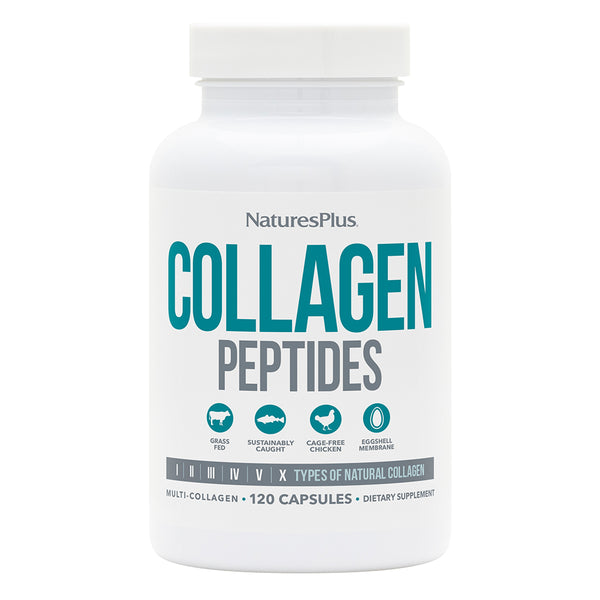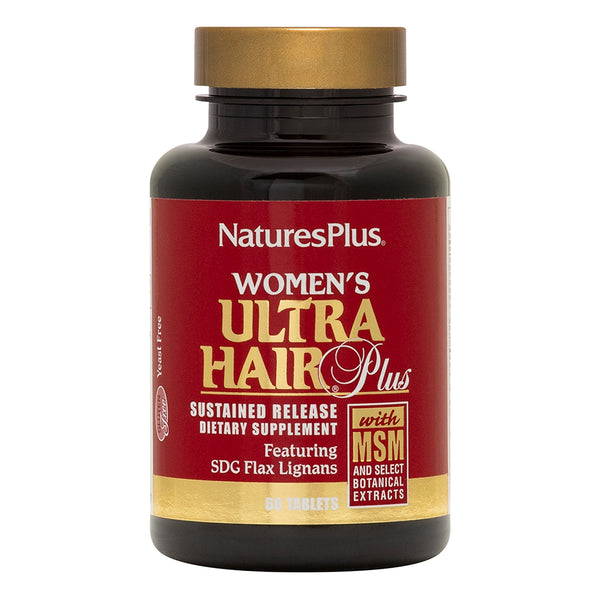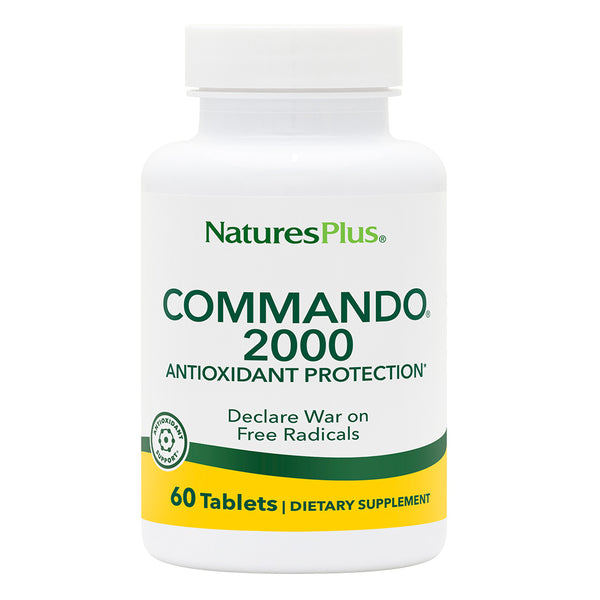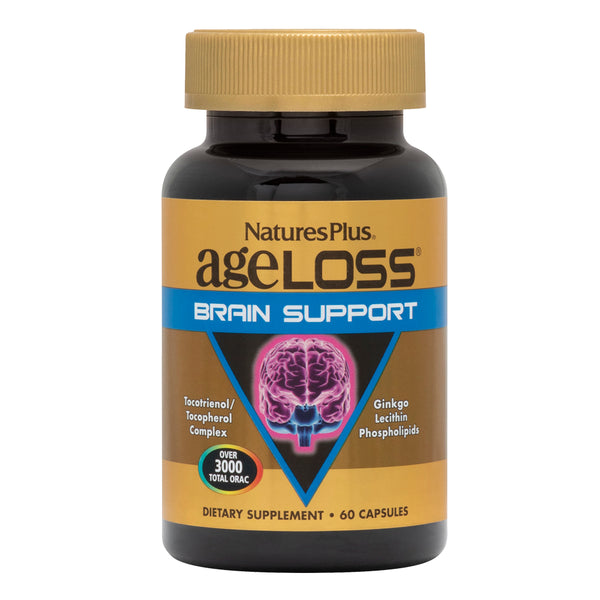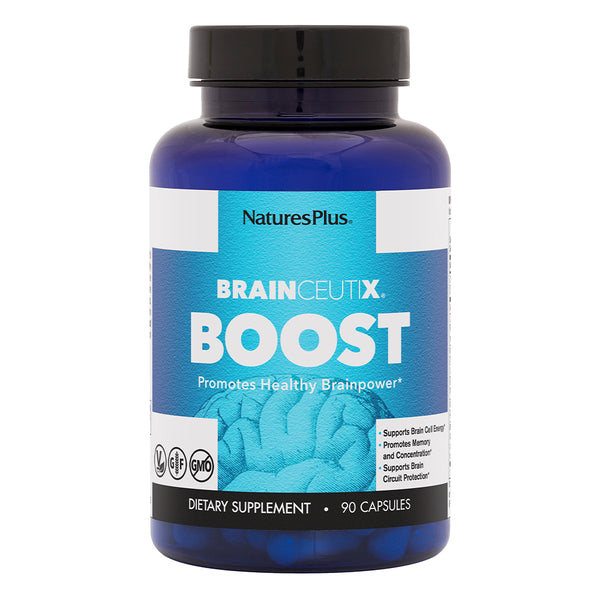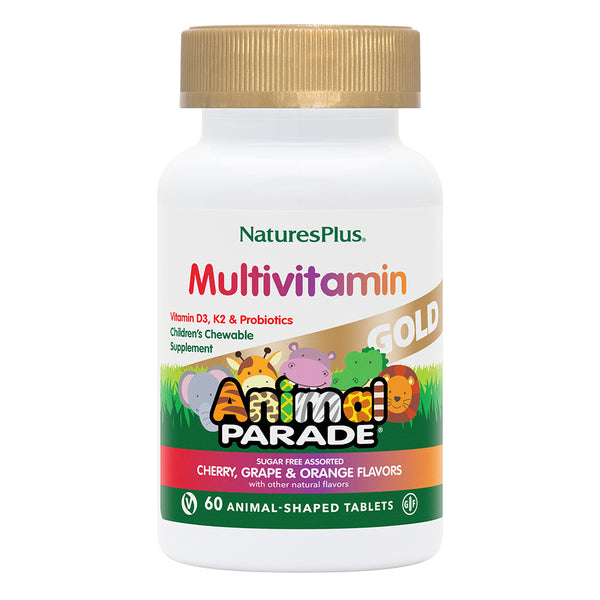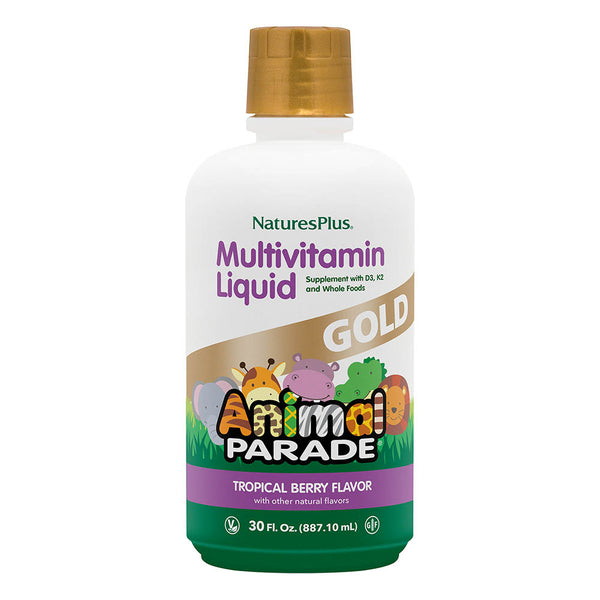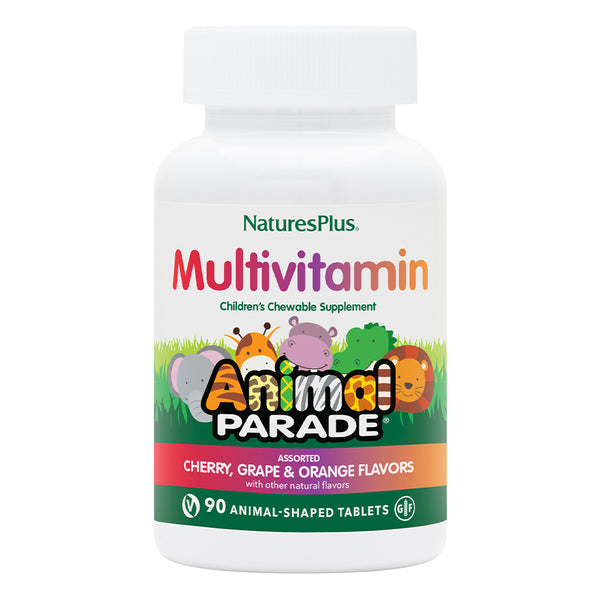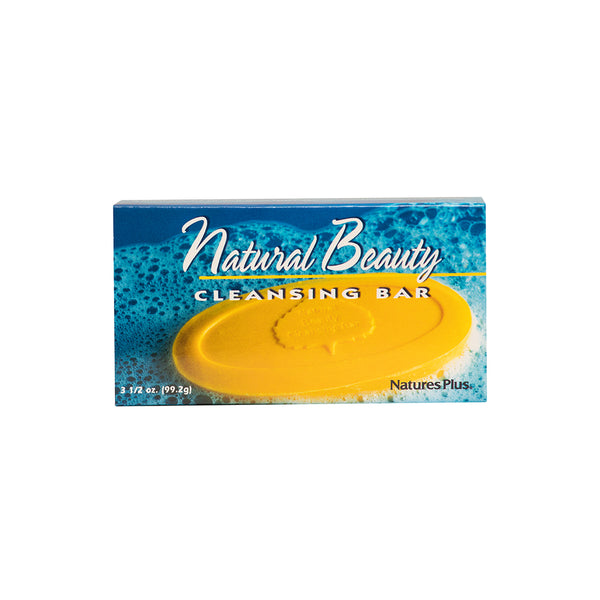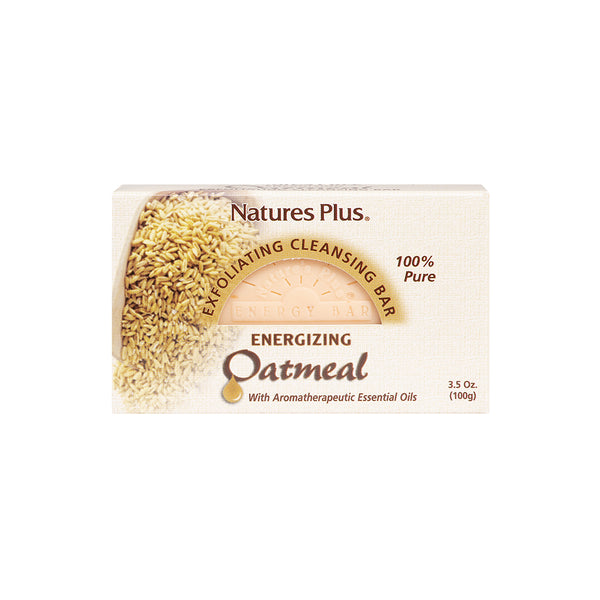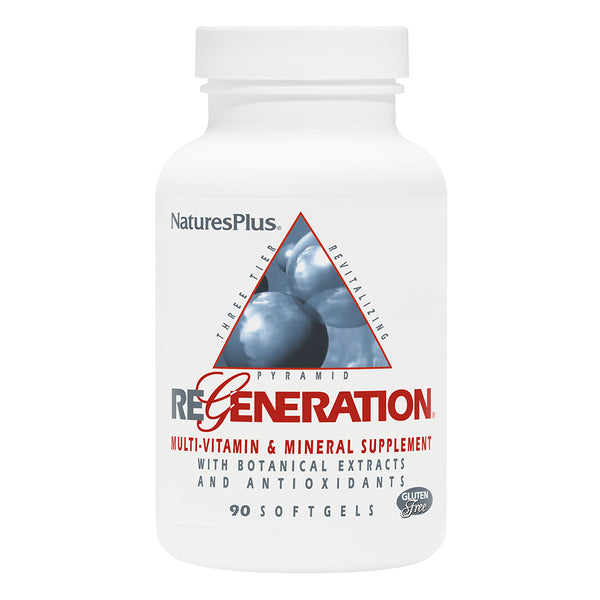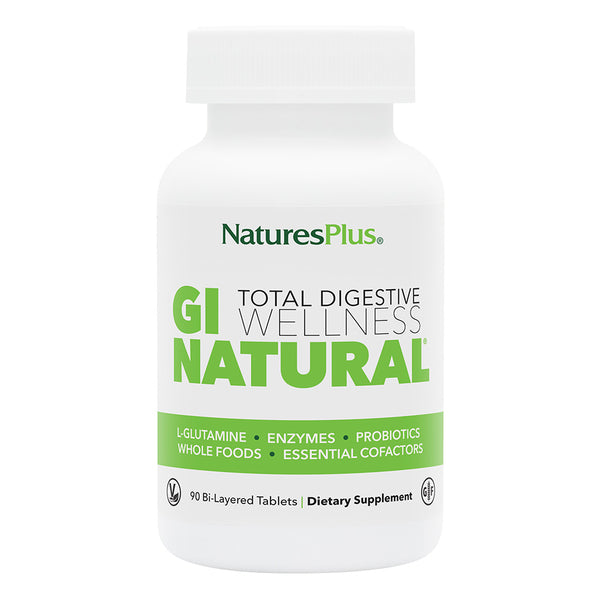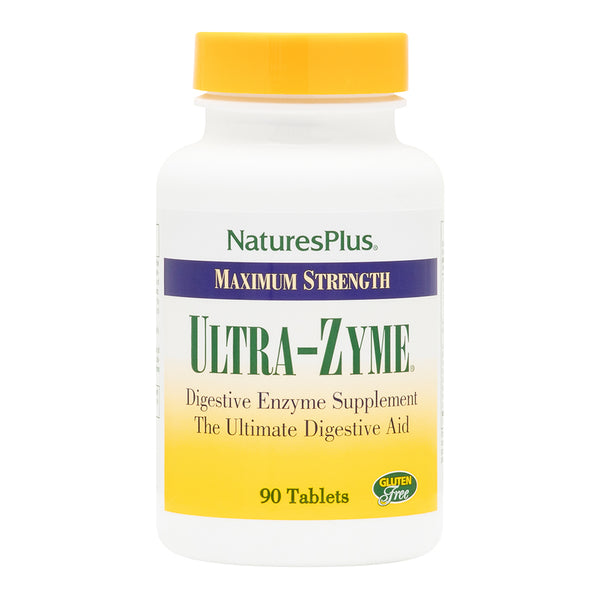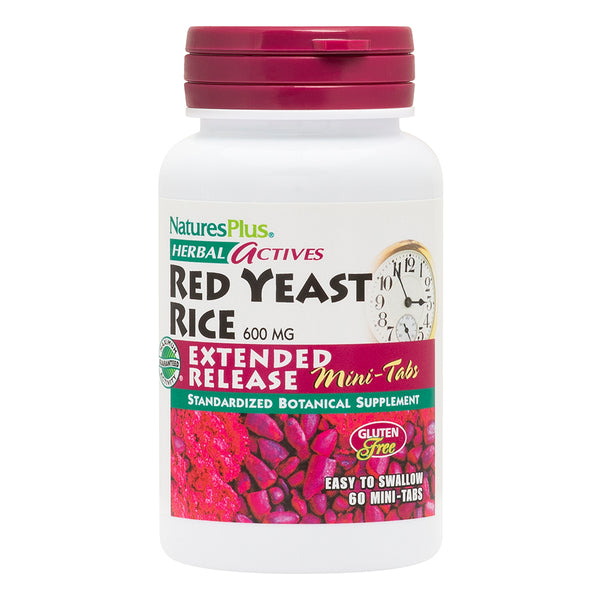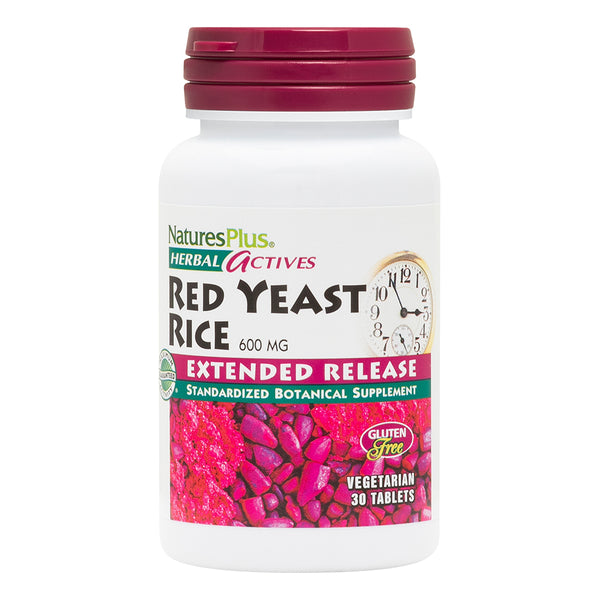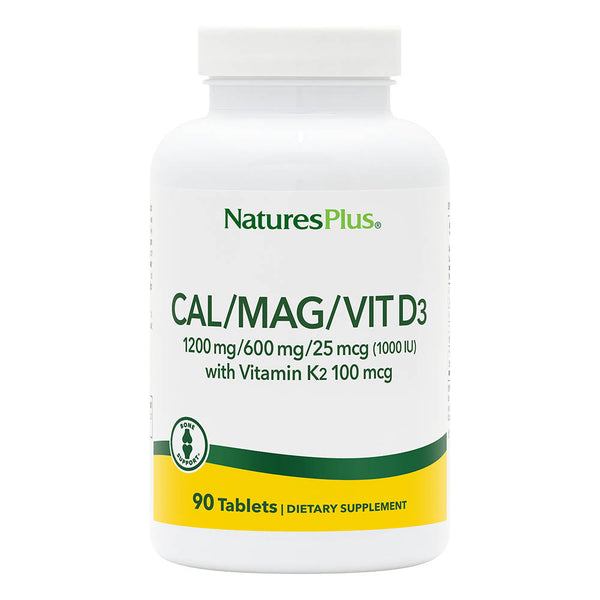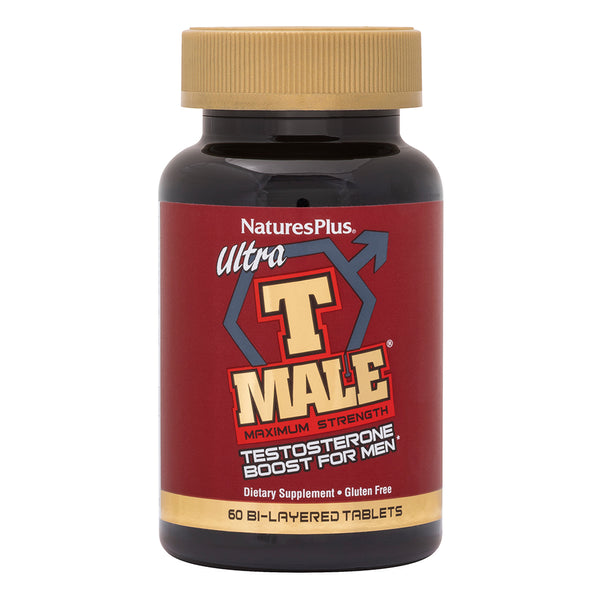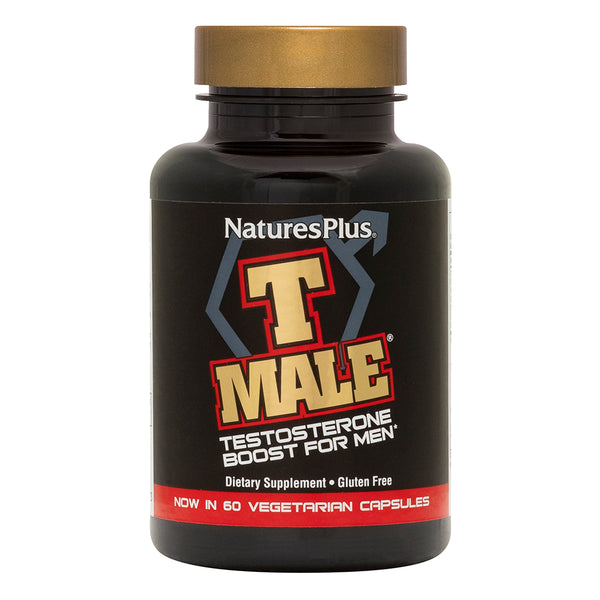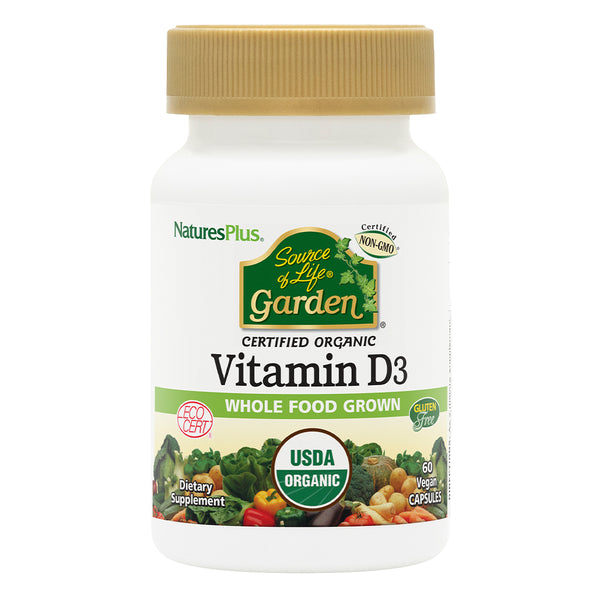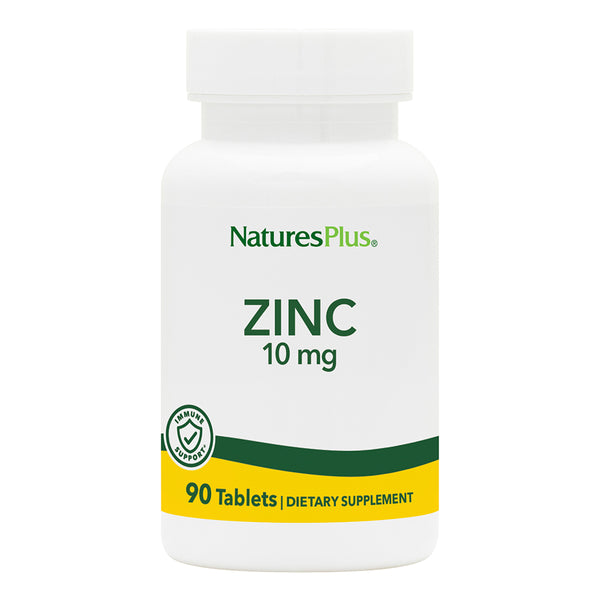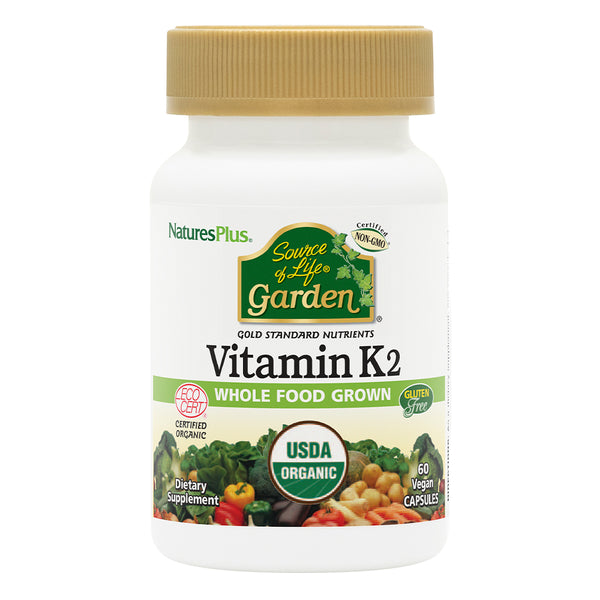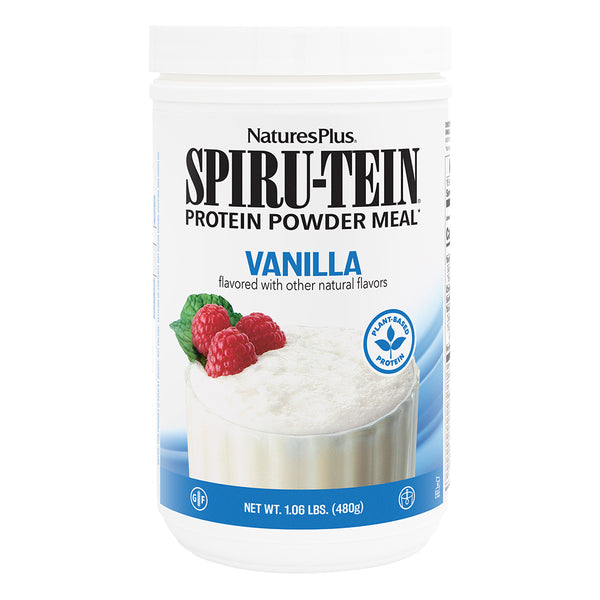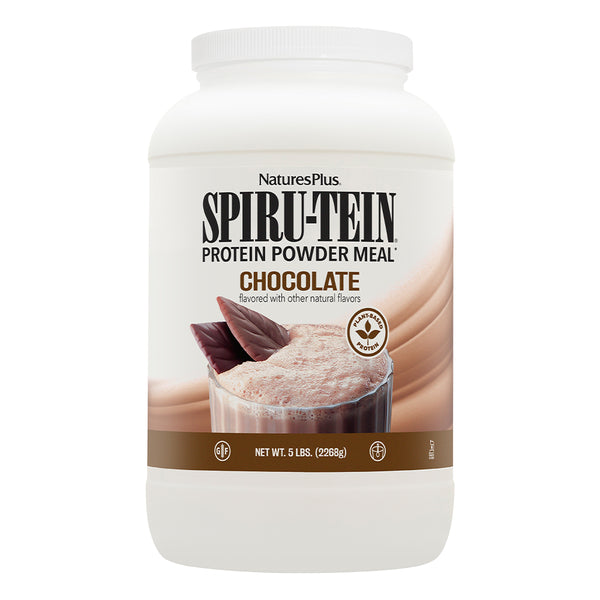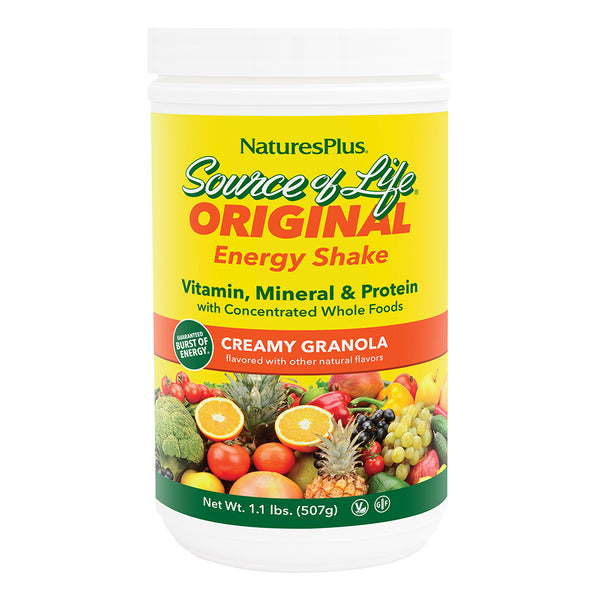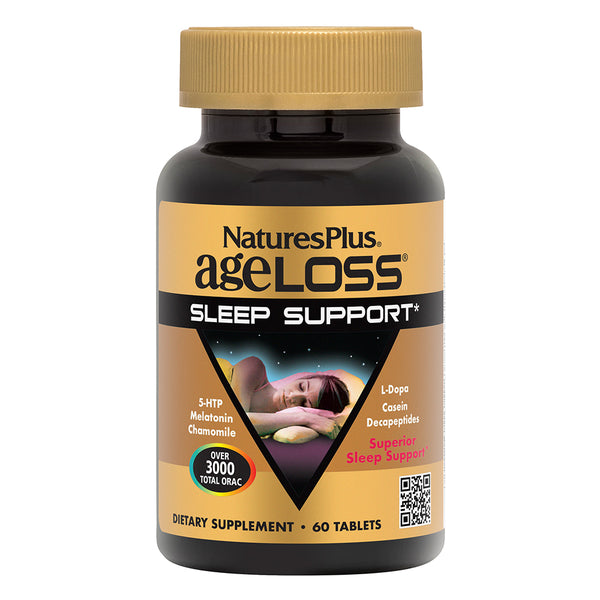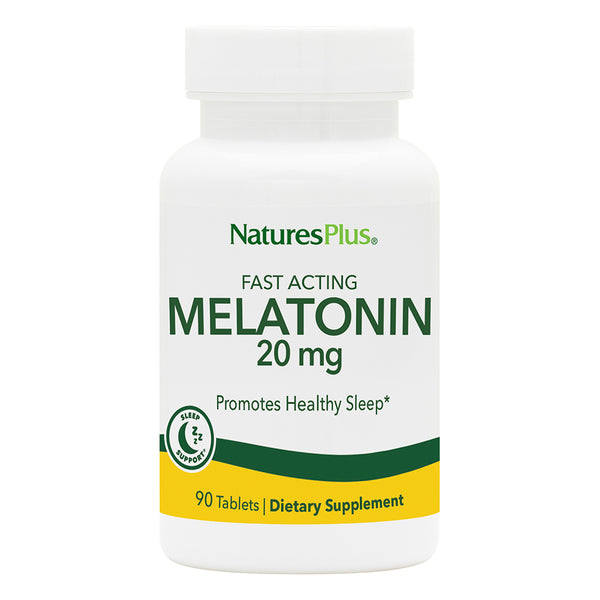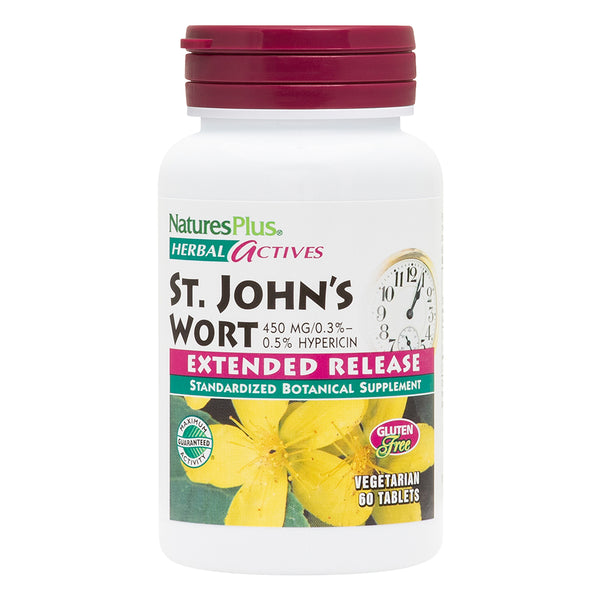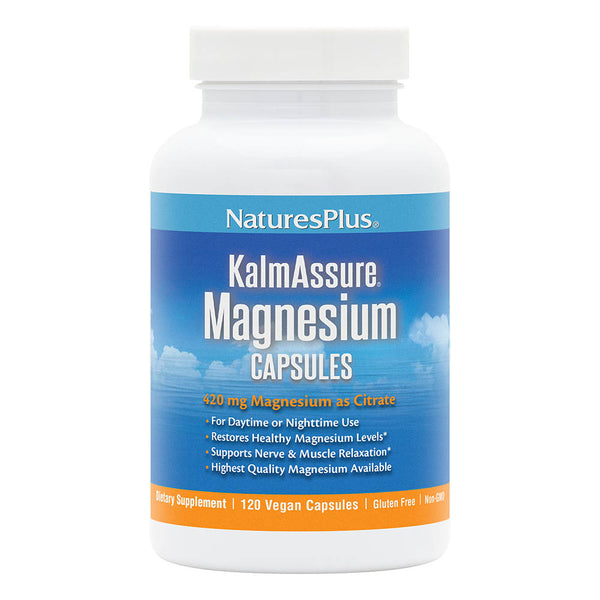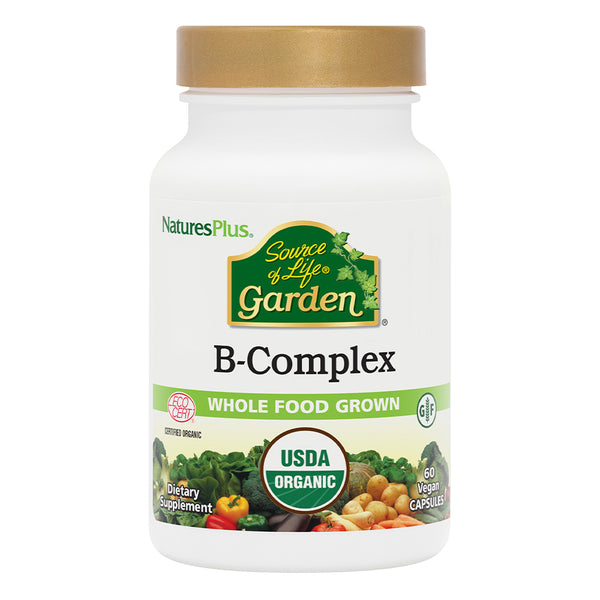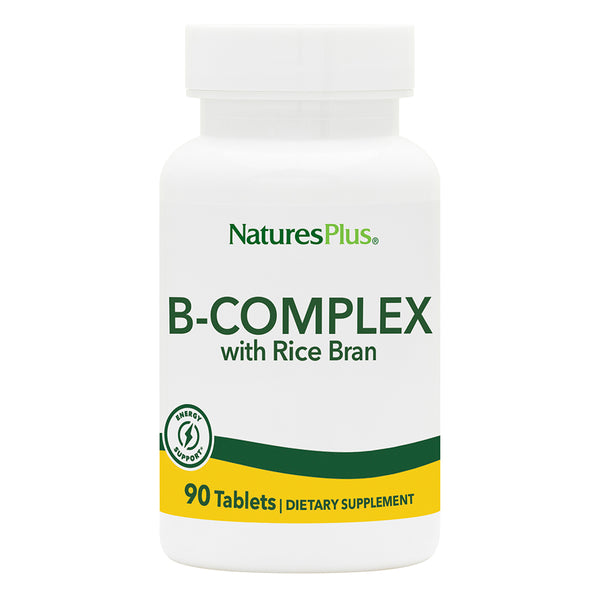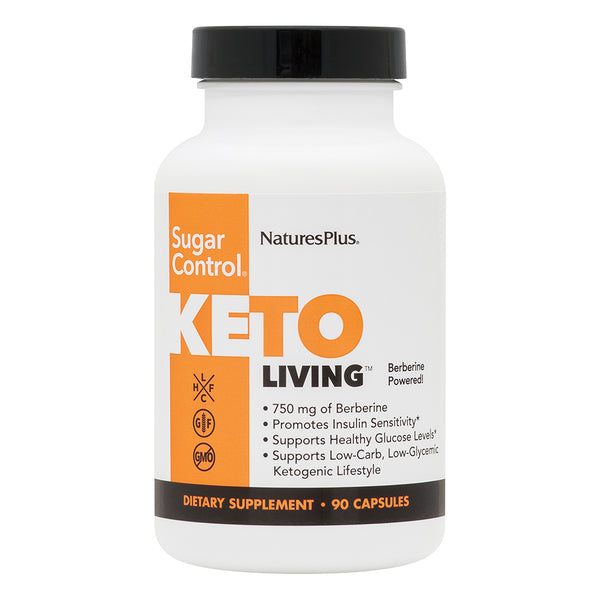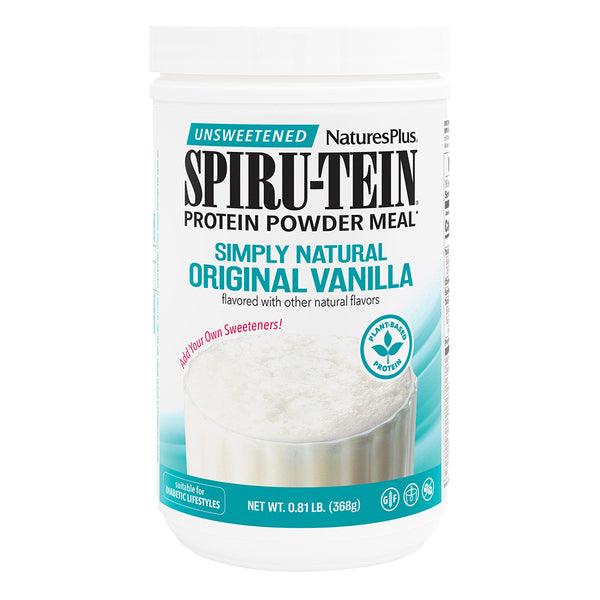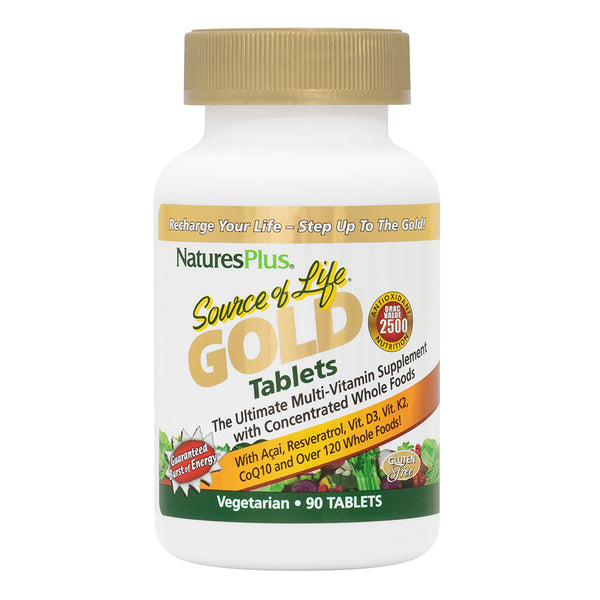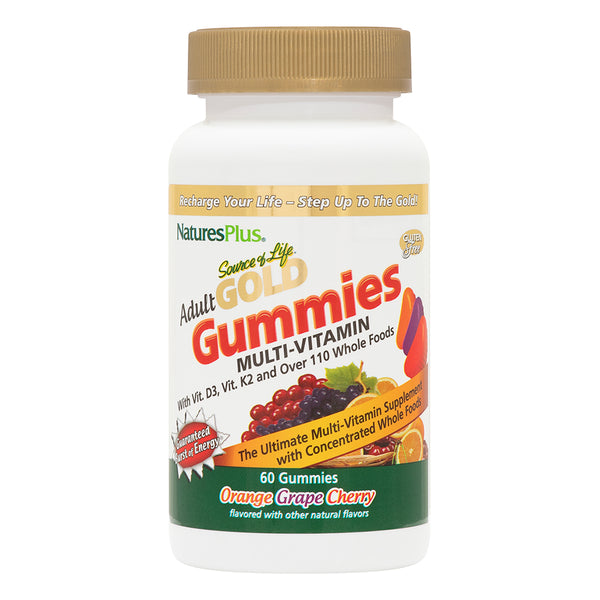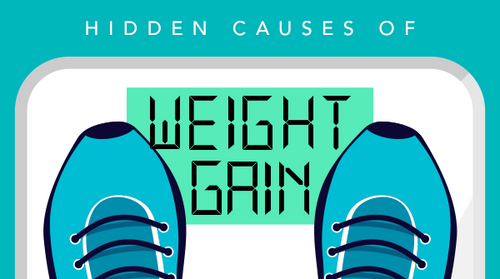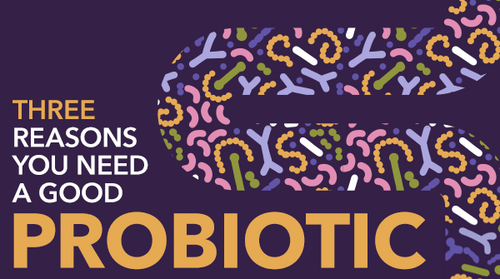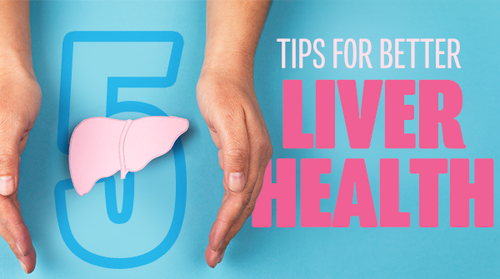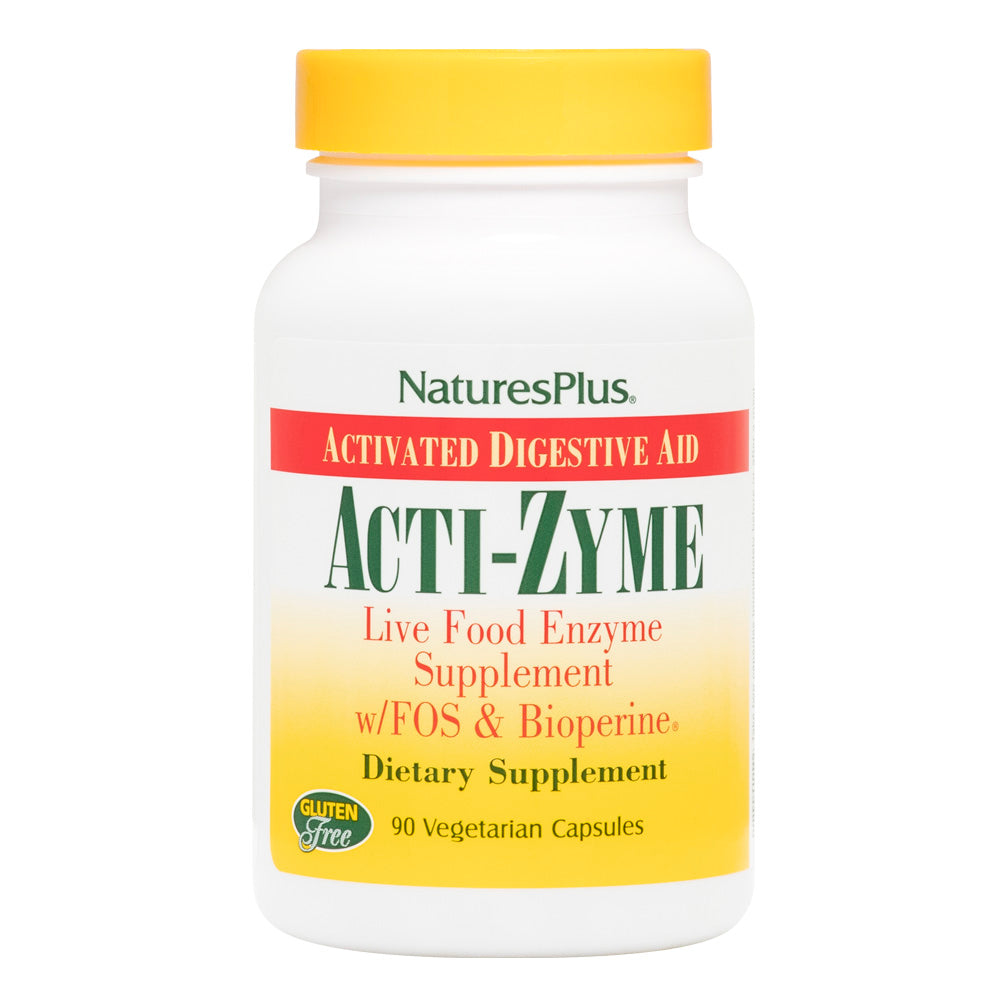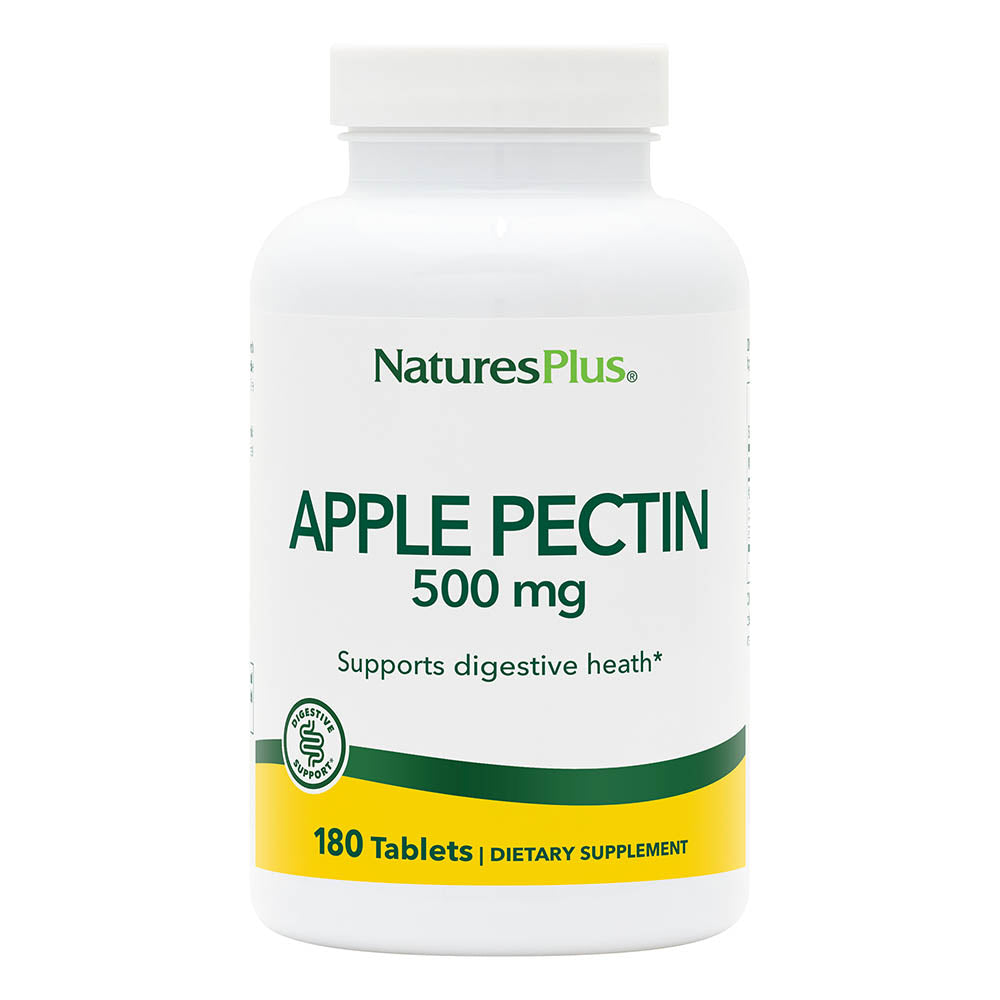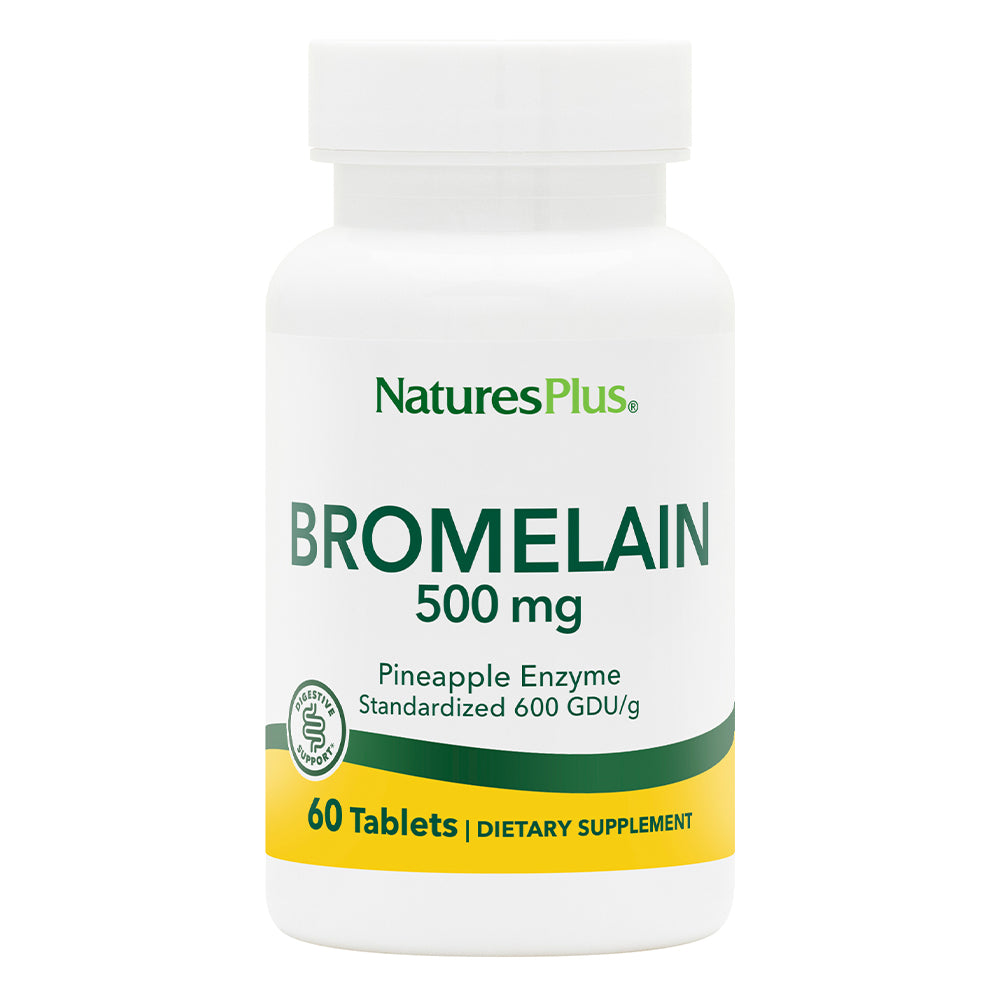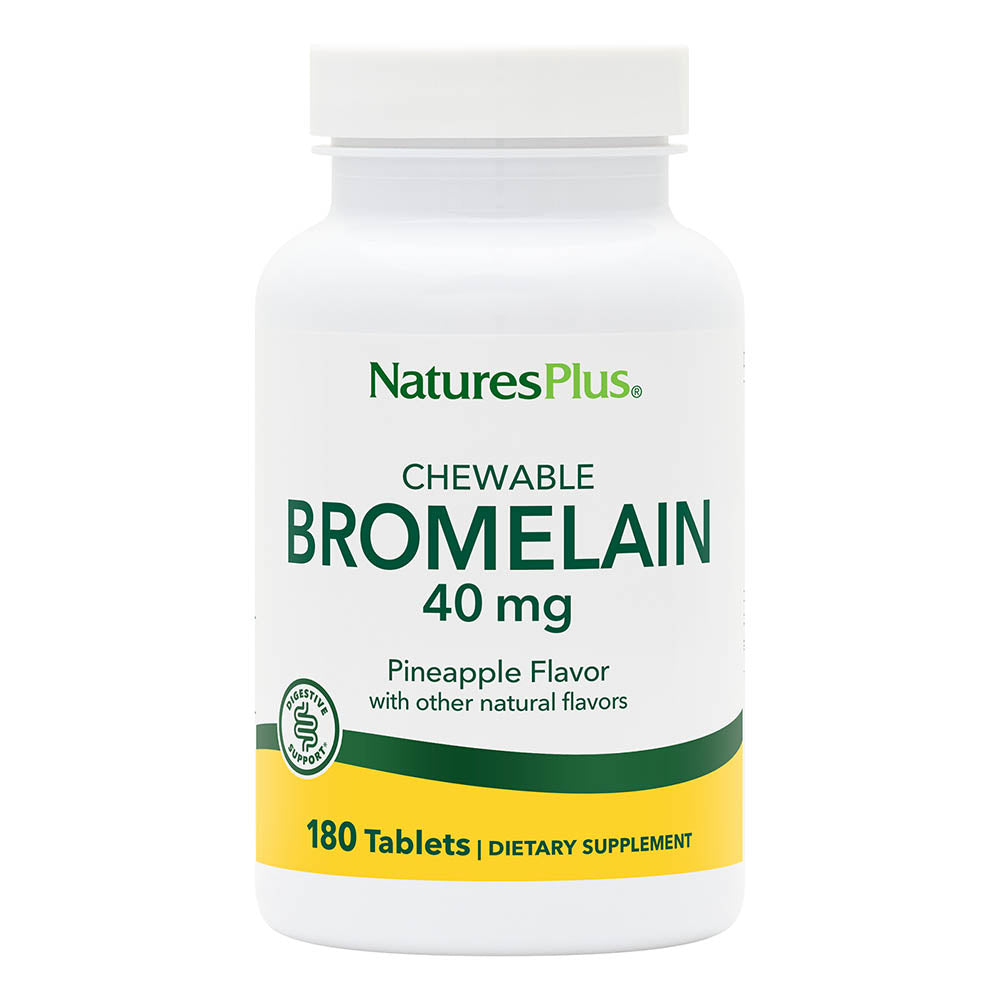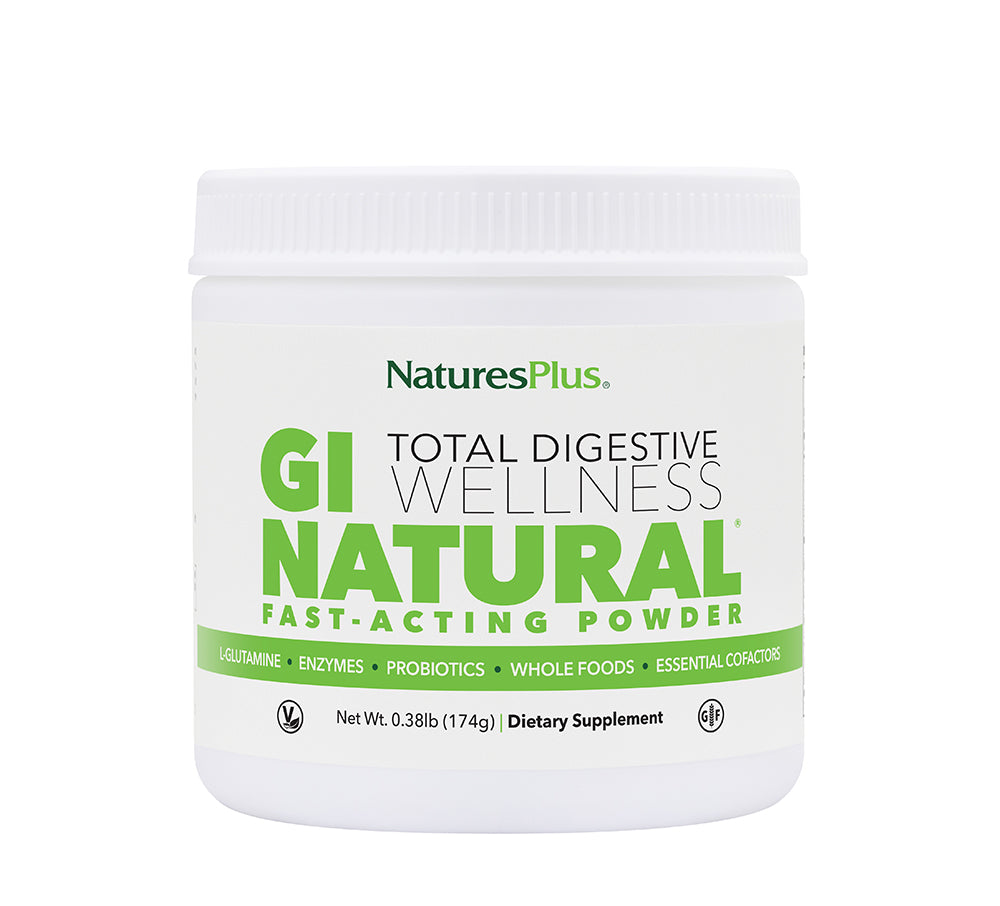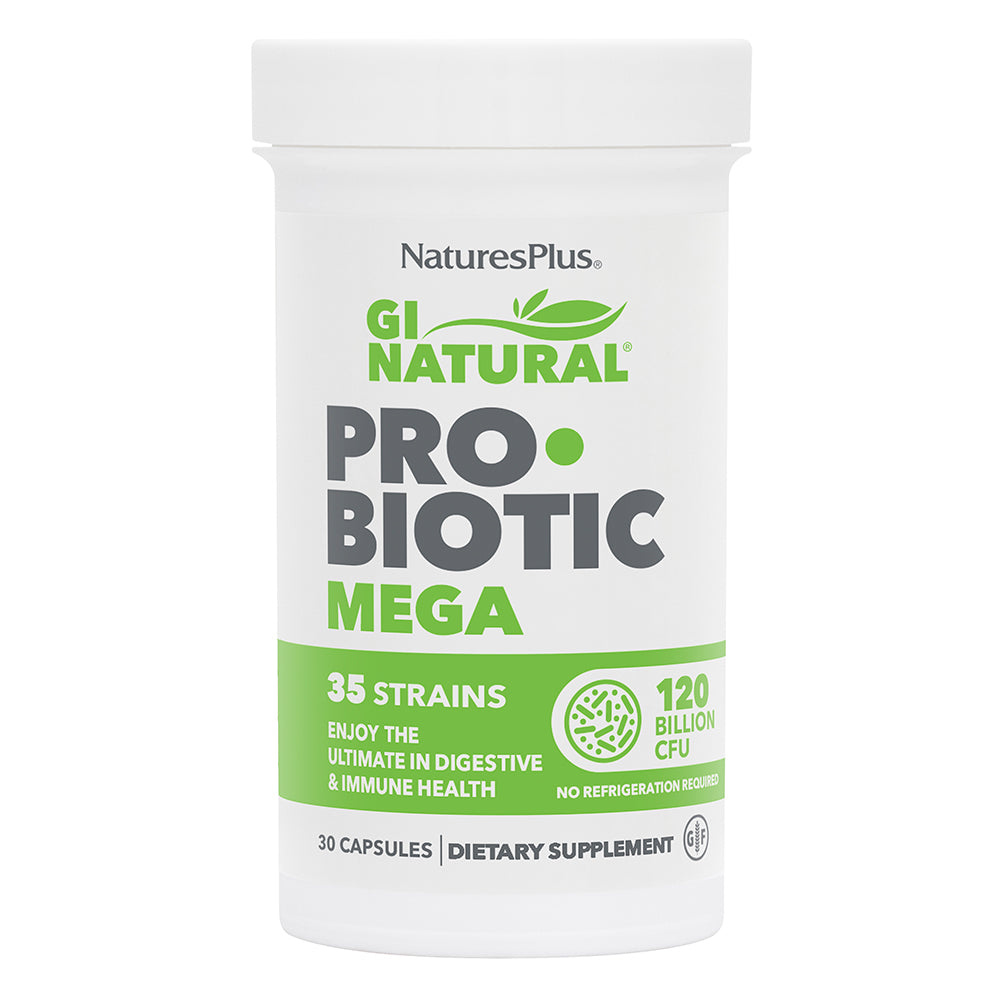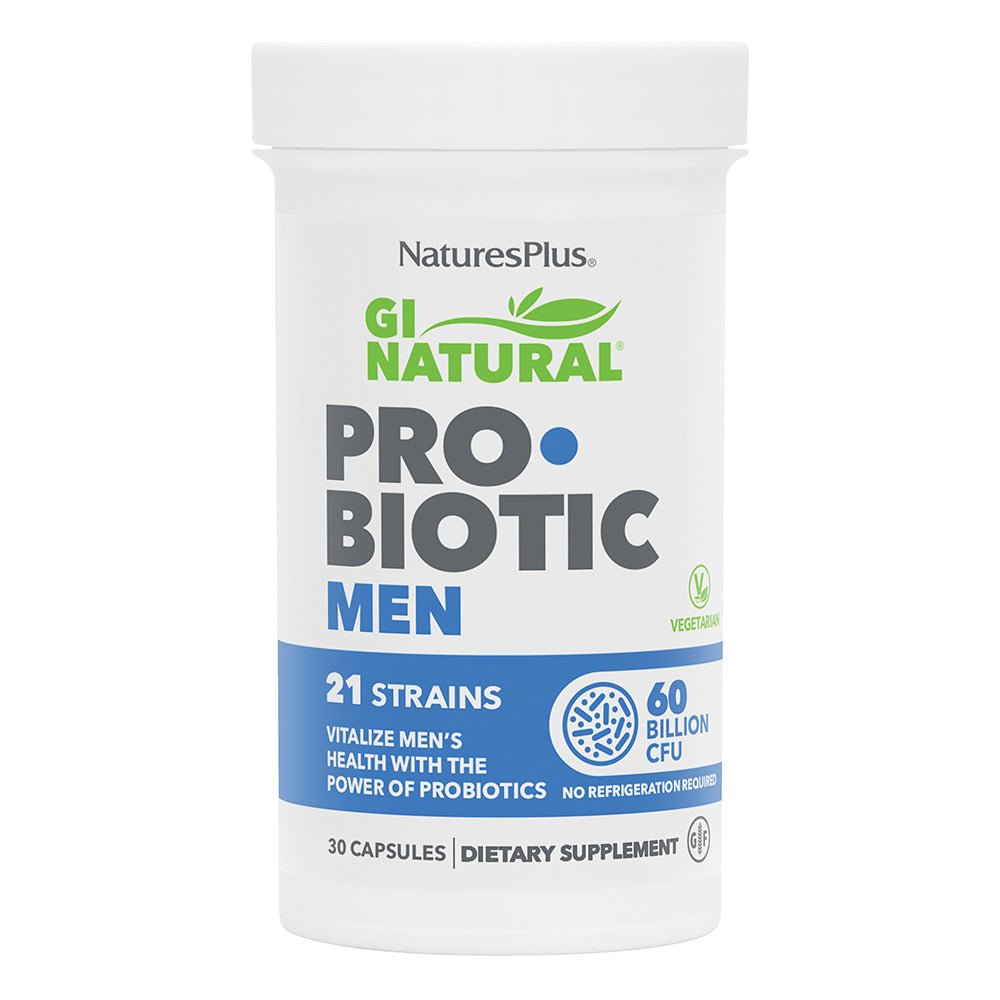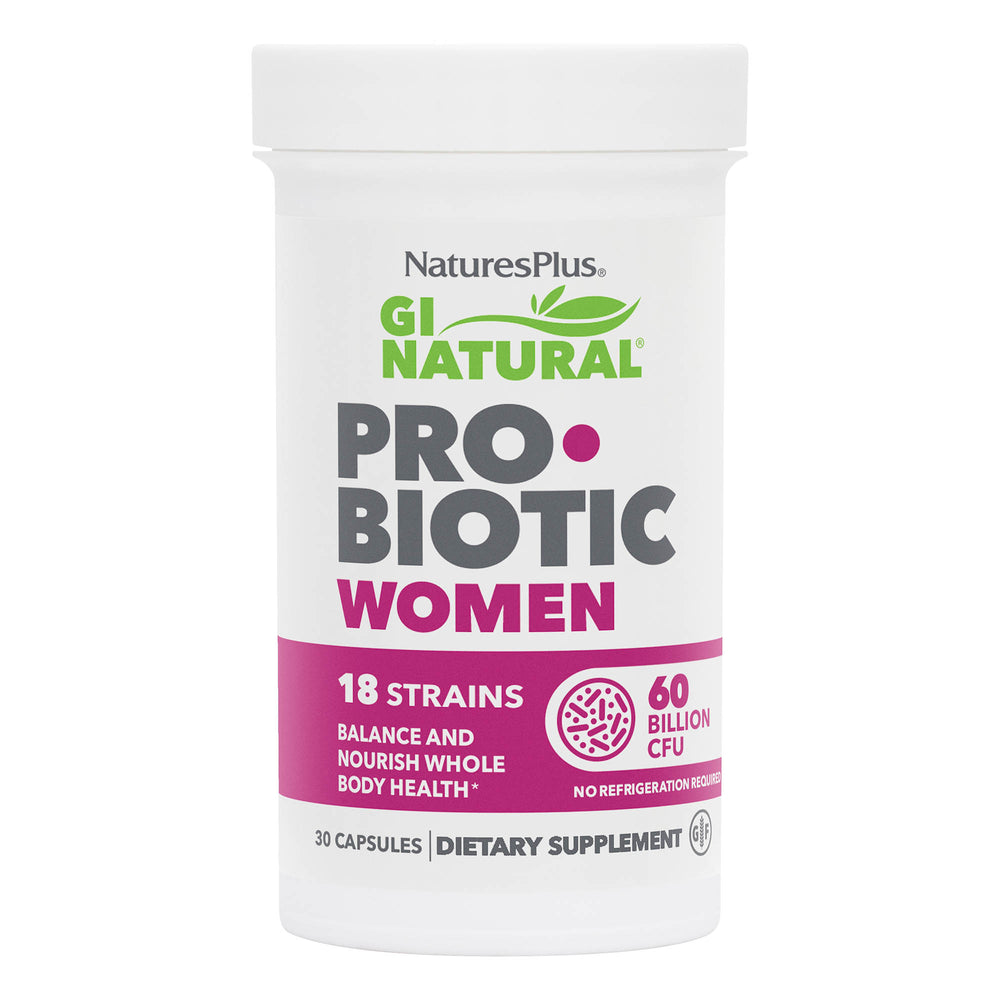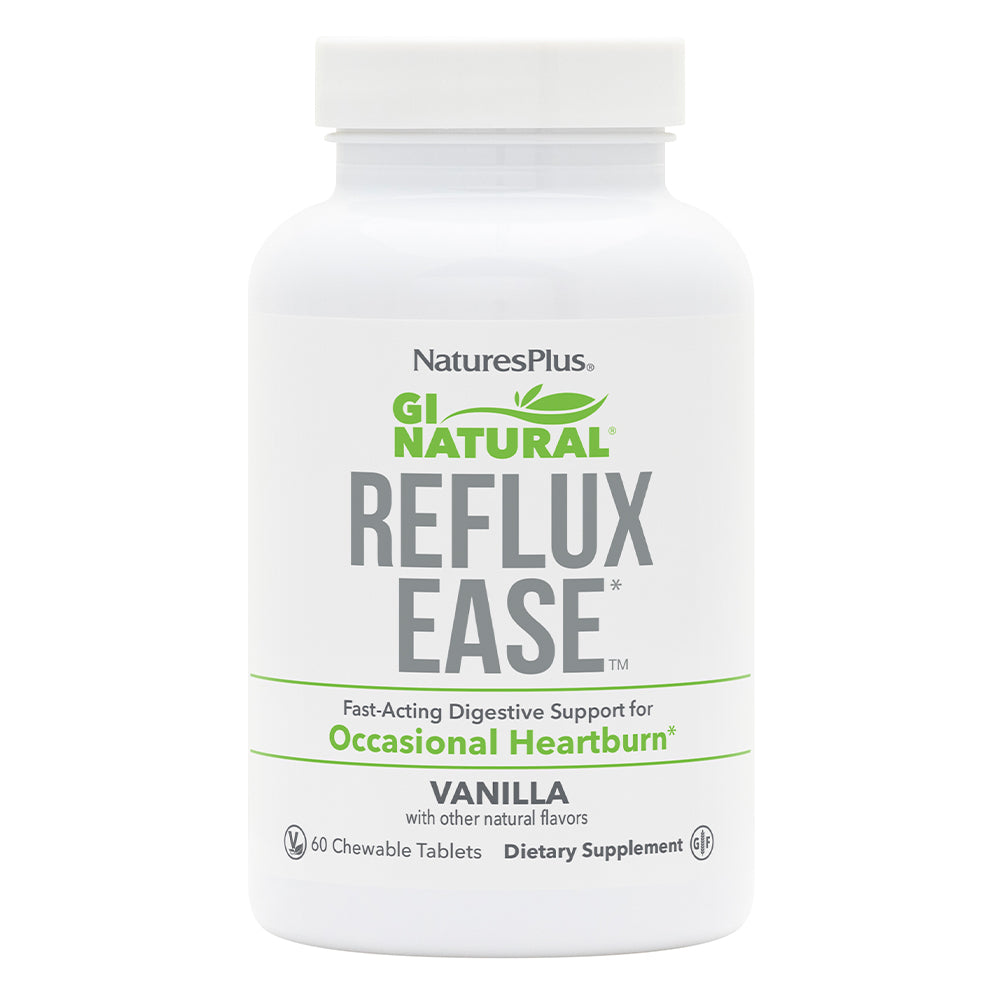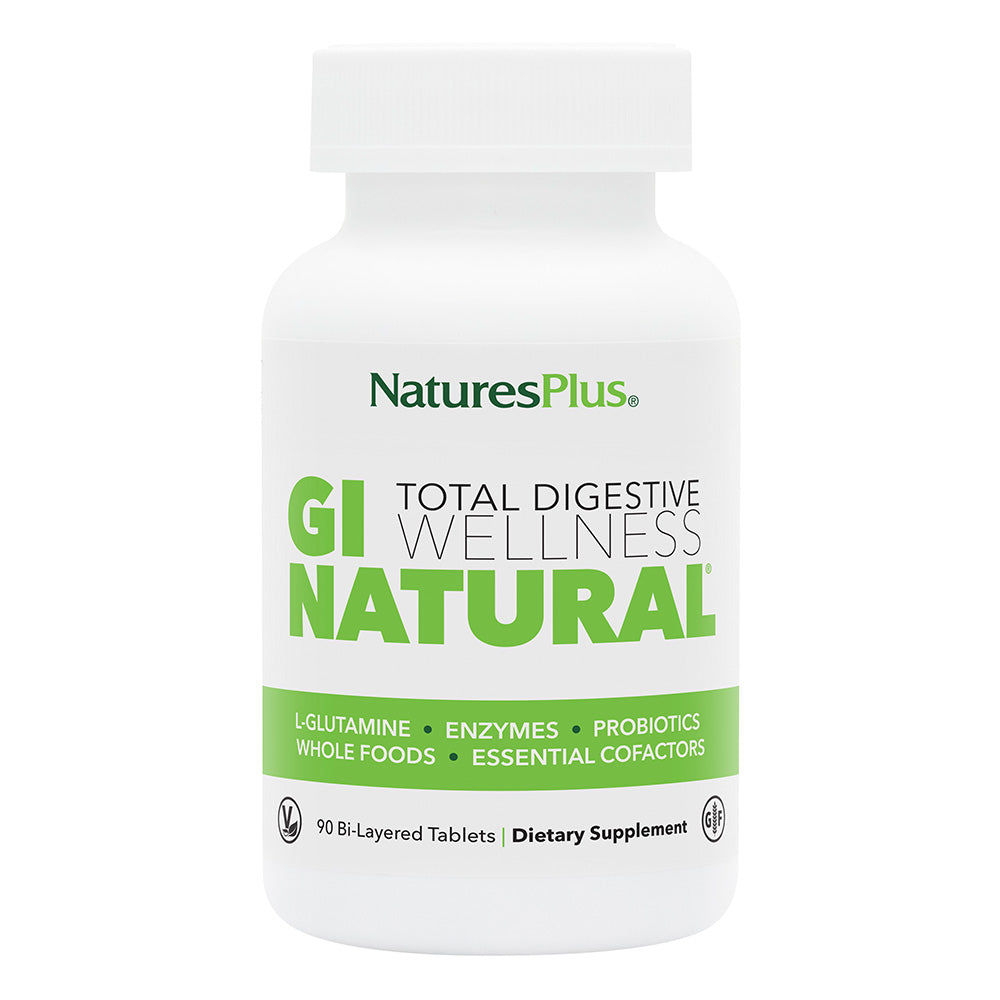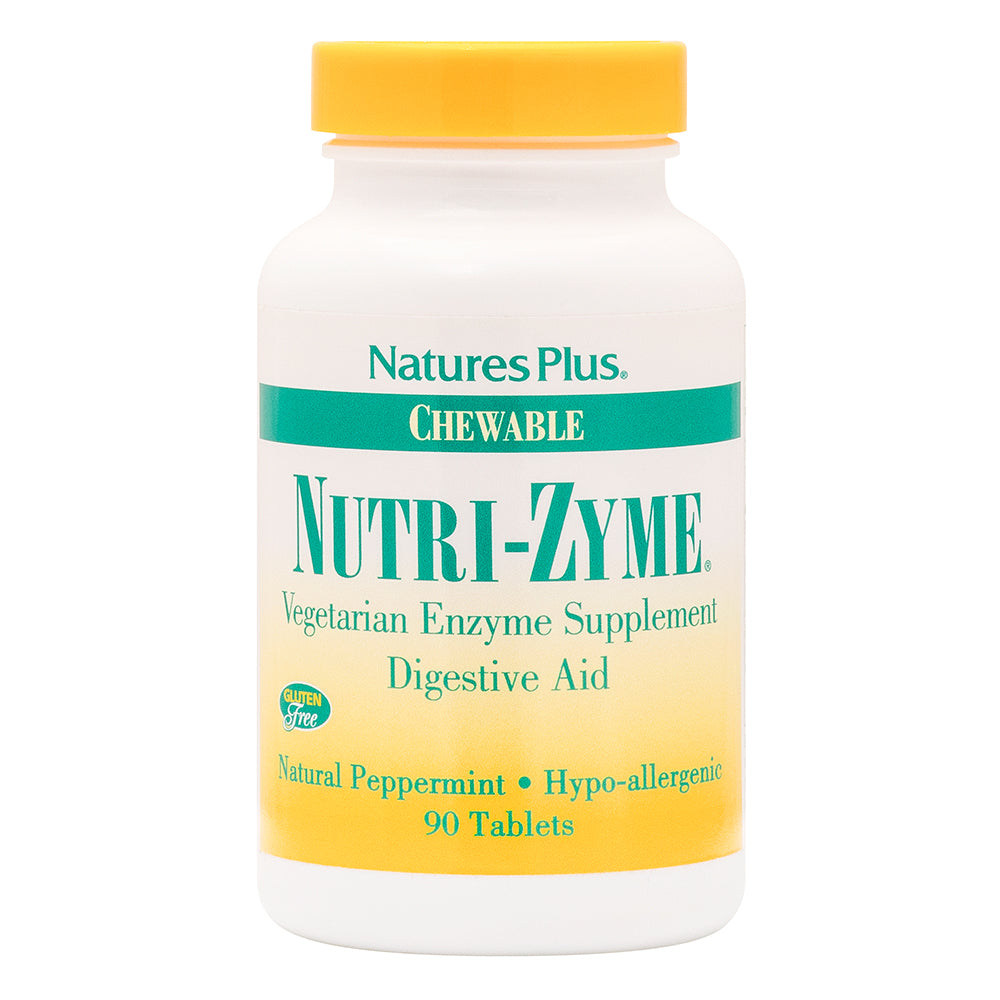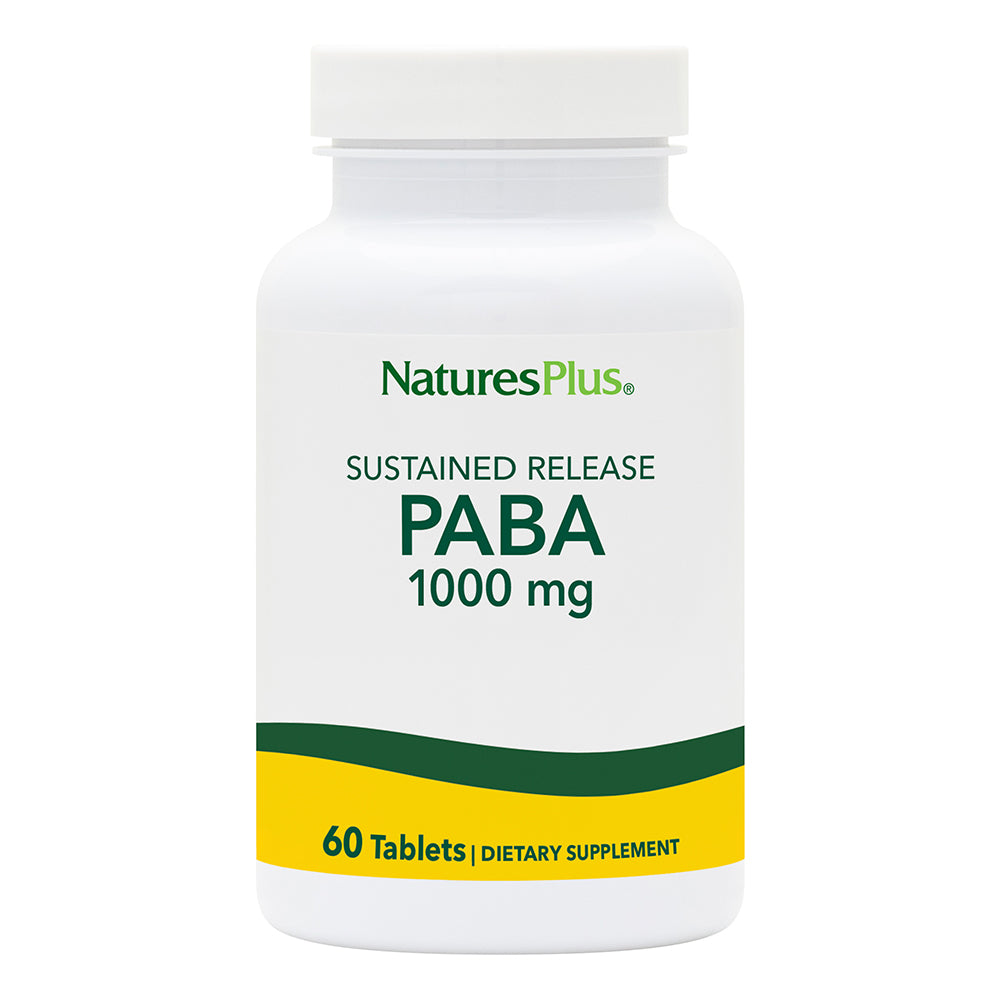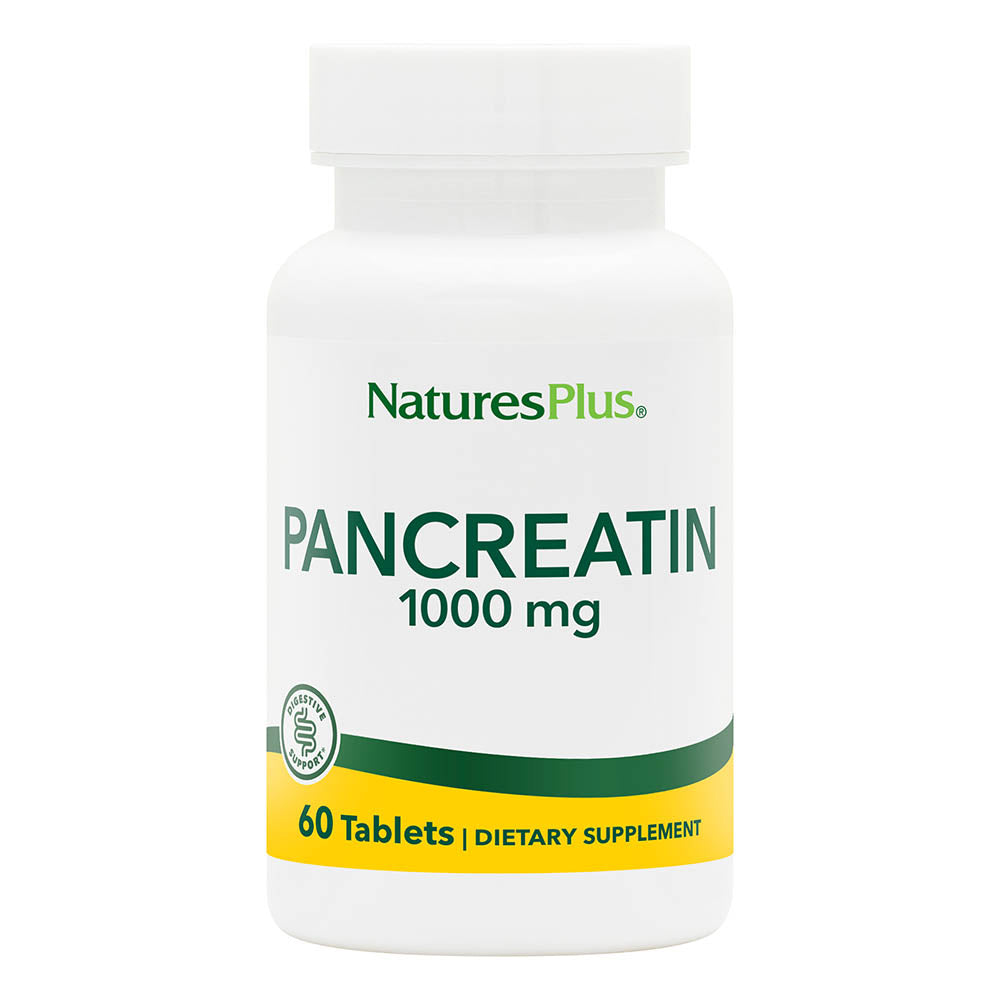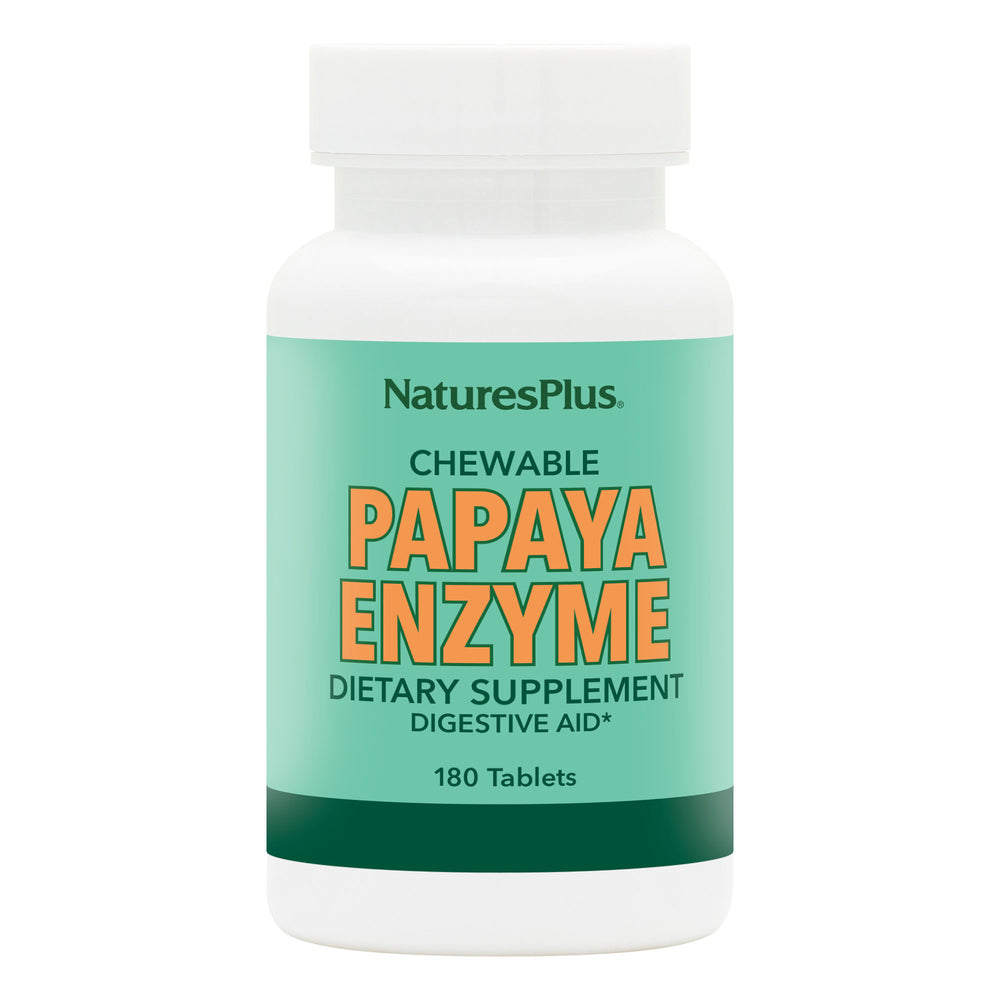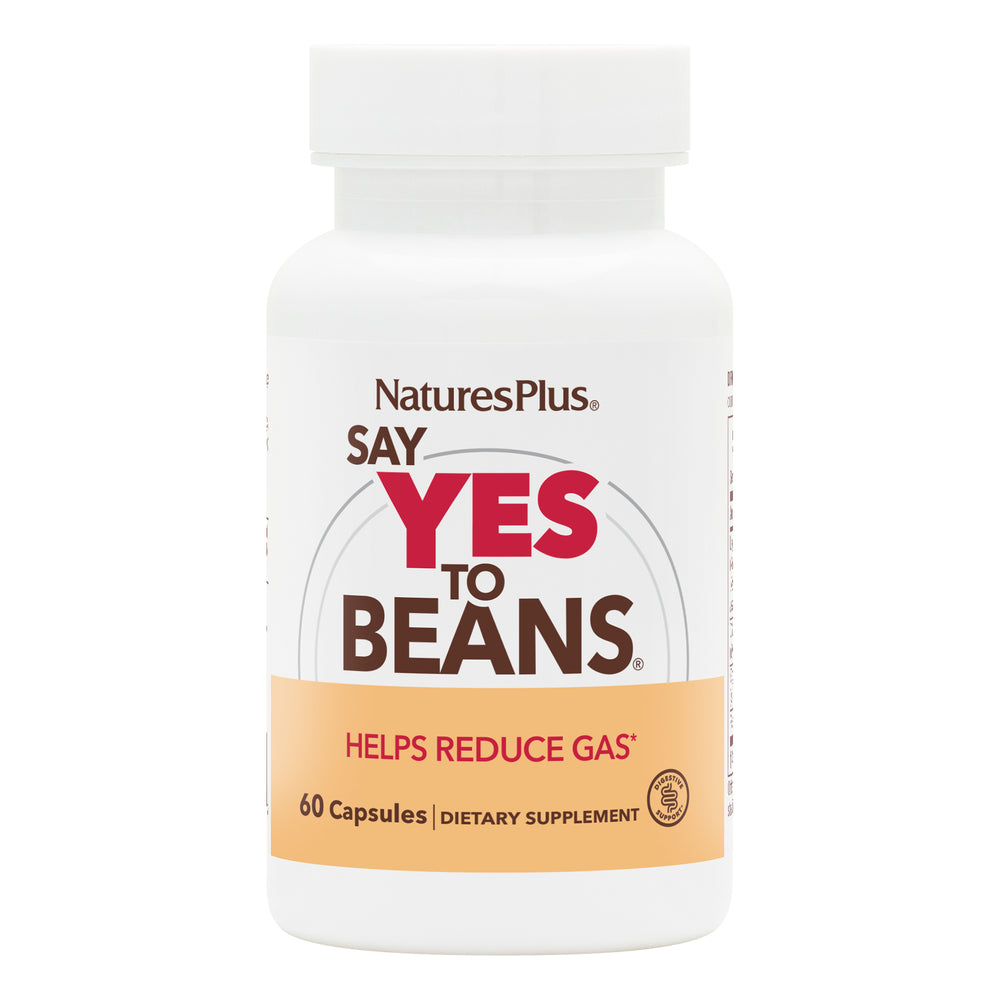Do you find yourself dealing with gastrointestinal problems on a regular basis?
Poor digestion can definitely make life uncomfortable. But more than that, issues such as bloating, constipation or reflux are signs that your digestive system isn’t working the way it should…which can ultimately affect your ability to absorb nutrients from the food you eat.
The following tips can help ease GI discomfort and keep your system functioning properly. (Symptoms that don’t respond to changes in diet and lifestyle should be brought to your healthcare provider’s attention.)
Eat More Whole Foods (Including More Fiber)
If you eat a lot of meals out of packages, you may want to cut back on those foods and instead concentrate on whole grains, fresh produce and healthy proteins.
Packaged foods often contain excessive amounts of salt and sugar as well as food additives that have been associated withdisruptions in intestinal health.
Whole foods—minimally processed and highly nutritious—have been linked to numerous health benefits. What’s more,research has shown that nutrient-rich diets may help protect against digestive disorders.
One of the big reasons whole foods are good for you is that they provide an abundance of fiber, which islacking in many people’s diets.
There are two basic types of fiber. Insoluble fiber helps keep everything moving smoothly through your GI tract; good sources include nuts, seeds and whole grains as well as fruits and vegetables.
Soluble fiber absorbs water, adding bulk to stool and promotingdetoxification by carrying noxious substances out of the body. Fresh produce supplies soluble fiber; so does barley, legumes and oats.
In addition to easing problems with elimination, eating a fiber-rich diet may help if you suffer from reflux, the pain and discomfort caused by stomach acid backing up into the esophagus. (You can find tips for reducing refluxhere.)
Also make sure you’re getting enough hydration throughout your day, especially since low fluid intake has beenlinked to constipation.
Plain water is best. Other good options include herbal teas and other non-caffeinated beverages as well as produce with a high water content such as apples, cucumbers and strawberries.
Maintain a Healthy Microbiome
One enormous benefit of a whole-food diet is the healthy effect it has on your gut microbiome, the beneficial microbes found within your intestines.
Certain types of fiber serve as prebiotics, preferred food sources for those probiotic organisms. Researchers have foundlinks between prebiotic-rich diets and healthy intestinal function.
Beans, peas and other legumes contain prebiotics, as do asparagus, bananas, eggplant, garlic, Jerusalem artichokes (also called sunchokes) and onions.
It’s also a good idea to consume probiotic organisms directly by adding more fermented foods to your diet.
Cultures around the world have come up with their own fermented favorites, from Korea’s kimchi to Europe’s sauerkraut, to help preserve food and to enliven dishes with a distinctive tang. Other fermented foods include kefir,miso, sourdough bread andyogurt as well as traditional dill pickles.
Eat Healthy Fats
Another reason to avoid processed foods is that they may contain artificially derived trans fats, which have been found to have unhealthy effects on heart and intestinal health.
On the other hand, healthy fat—such as that found in avocados, fish, nuts, olive oil and seeds—plays crucial roles within the body, including cell membrane formation and proper nerve function.
What’s more, nutrients such as vitamins A, D, E and K arefat-soluble, meaning they need to be eaten with fat before they can be absorbed. One of the best examples: Cooking tomatoes, which contain a nutrient called lycopene, in a little bit of olive oil in order to make the lycopene more absorbable. (Find more ways to improve nutrient absorptionhere.)
In many cases, healthy fat sources contain other nutrients crucial to digestive well-being. Examples include organic, pasture-raised eggs, which provide an amino acid calledglutamine, and fish, which supplies the mineral zinc.
Eat Slowly
Do you tend to buzz your way through meals? You may want to do your digestive system a favor by slowing down at the dinner table.
You can try a technique calledmindful eating, which involves paying close attention to the process of eating by focusing on each bite you take.
It also helps to chew your food thoroughly. This promotes the release of saliva, which starts food breakdown even before you swallow, and exposes more food surface area to the actions of digestive enzymes within the digestive tract.
Live a Digestion-Supporting Lifestyle
It’s easier to address digestion issues through dietary changes when you make adjustments in other areas of your life.
Try to eat relatively early in the evening, at least three or four hours before going to bed. Lying down after a meal can lead to reflux and indigestion.
Alcohol usage has also been associated with digestive ailments, including reflux andgut disorders. If you do imbibe, limit yourself to two drinks (or less) daily for men or one drink for women.
And finally, among all its other harmful effects, smoking has beenlinked to reflux. Quitting can only help.
IMPORTANT DISCLAIMER
The information in this blog is provided for educational purposes only and is not a substitute for consultation with a doctor or qualified healthcare professional. Consultation with a doctor or qualified healthcare practitioner is strongly advised before starting any regimen of supplementation, a change in diet or any exercise routine. Individuals who engage in supplementation to promote health, address conditions or support any structure or function of the body assume all risks. Women who are pregnant, especially, should seek the advice of a medical doctor before taking any dietary supplement and before starting any change in diet or lifestyle. Descriptions of herbs, vitamins, nutrients or any ingredients are not recommendations to take our products or those of any other company. We are not doctors or primary-source science researchers. Instead, we defer to the findings of scientific experts who conduct studies, as well as those who compile and publish scientific literature on the potential health benefits of nutrients, herbs, spices, vitamins or minerals. We cannot guarantee that any individual will experience any of the health benefits associated with the nutrients described. Natural Organics will not be held liable for any injuries, damages, hindrances or negative effects resulting from any reliance on the information presented, nor will Natural Organics be held accountable for any inaccuracy, miscalculation or error in the scientific literature upon which the information provided is based.
Like this article? You’ll love our weekly newsletter
sign up here!
**These statements have not been evaluated by the Food and Drug Administration. This product is not intended to diagnose, treat, cure or prevent any disease.
